7-Month-Old Baby’s Milestones and Development
As your little one turns seven months old, he’s finally able to understand ‘no’, and stare at you lovingly when you call out his name. This special 7-month-old stage is filled with incredible growth and new discoveries every single day. As the days go by, you look forward to seeing your baby grow and develop as per the development milestones, celebrating each new skill from babbling to attempting to crawl. Here’s what to expect regarding infant development at 7 months, a time of increasing mobility, communication, and personality that makes this journey so rewarding for parents.
7-Month-Old Developmental Milestones
At seven months old, your baby is rapidly developing new physical and cognitive skills, from mastering sitting to understanding familiar words. This exciting stage is marked by greater interaction and exploration of their world.
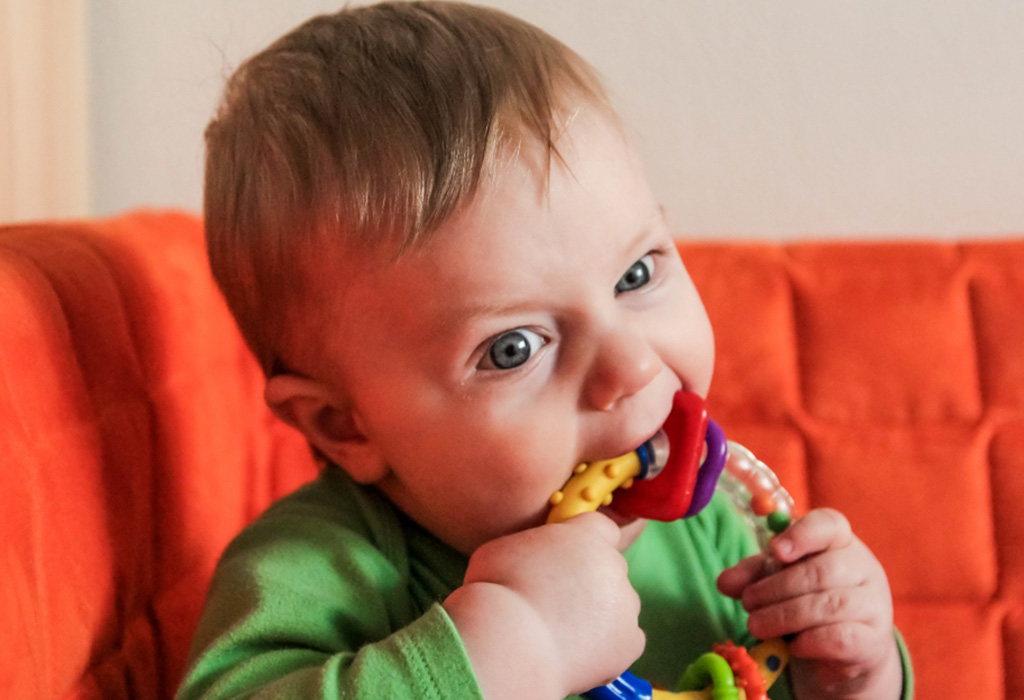
Cognitive Development
Your seven-month-old is becoming a little scientist, actively experimenting and learning about cause and effect. Their cognitive skills are expanding rapidly as they begin to understand how the world around them works (1).
- Understanding Object Permanence: They will try to search for a toy that has fallen or is partially hidden, showing they know something exists even when they can’t see it (2).
- Developing Problem-Solving Skills: They experiment with different actions to get a desired result, like making a noise to get your attention or leaning to reach a specific object.
- Exploring Cause and Effect: They will repeatedly drop toys to see you pick them up, learning about actions and reactions.
- Increased Manual Dexterity: They can play with a toy using only one hand and are improving their ability to transfer objects from one hand to the other.
- Processing Simple Instructions: They are now able to understand the meaning of the word ‘no’, even if they don’t always choose to obey it.
- Recognising Familiar Voices: They can differentiate between the voices of different people, especially their primary caregivers.
Physical Development
This month is a period of incredible physical transition, with your baby building the strength and coordination for major mobility 7-month developmental milestones. Their body is becoming more proportionate and leaner as their growth focuses on length and skill acquisition (1).
- Sitting Without Support: They can now sit upright without support for longer periods, enjoying a new perspective on their surroundings.
- Bearing Weight on Legs: When held upright, they can partially bear their weight on their feet and will enjoy bouncing.
- Preparing to Crawl: When placed on their tummy, they will try to crawl, often rocking back and forth or pushing up on their hands and knees.
- Reaching and Grasping: They can reach out for objects by leaning towards them without losing balance and have a more refined grasp.
- Changing Body Proportions: Their head is now looking more proportionate to their body, and with linear growth, they may appear leaner.
- Significant Weight Gain: Their weight is now approximately 2.5 times their birth weight, a key milestone for this age.
Social and Emotional Development
Your baby’s emotional world is blossoming, marked by deeper attachments and new anxieties. They are forming strong bonds with their caregivers and beginning to express a more complex range of feelings (1).
- Experiencing Stranger Anxiety: They may become wary, fussy, or cry when approached by an unfamiliar person, a sign of healthy attachment.
- Showing Strong Preference for Caregivers: They are acutely aware of their primary caregivers and will often seek comfort, needing a hug or cuddle, especially from their mother.
- Expressing Frustration: They may display a flurry of emotions when unable to achieve a goal, like getting a distant toy or communicating a need.
- Demonstrating Shyness or Withdrawal: In new situations, they may sit still and do nothing or show no interest in exploring a new toy, which is a normal part of processing novelty.
- Communicating Through Babbles: They attempt to convey wants and needs through babbling and increasingly complex vocalisations.
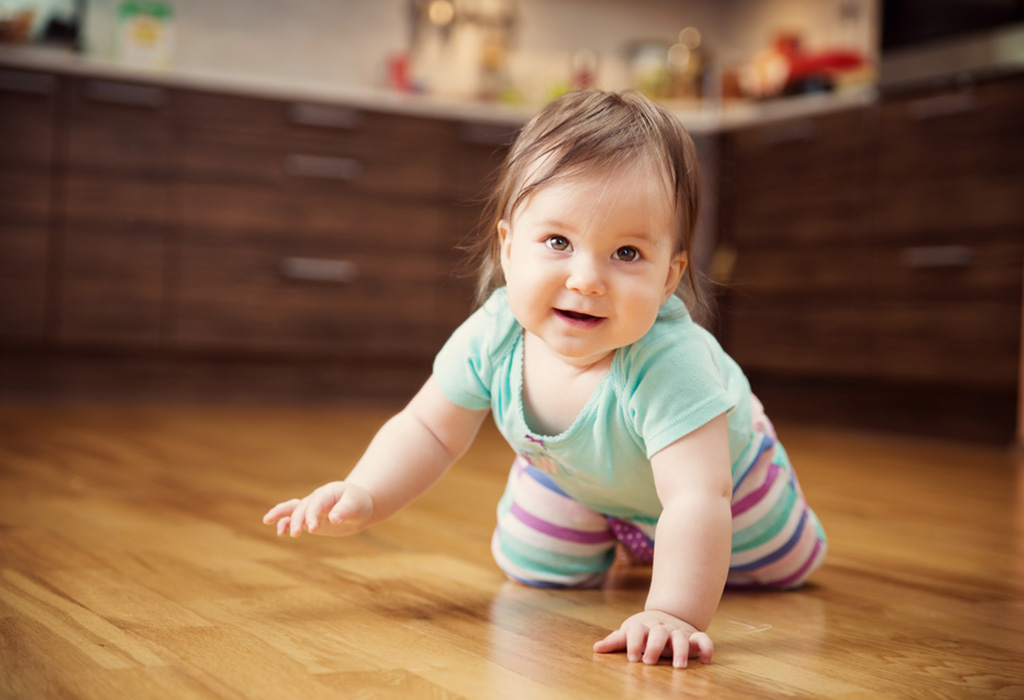
7-Month-Old Milestone Chart
Your 7-month-old is actively mastering new skills while simultaneously beginning to experiment with the next set of exciting developmental challenges. This chart outlines the milestones by 7 months they have likely achieved and the ones they are now starting to practice (4).
| Achieved Milestone | Emerging Milestone |
| Sits without support for short periods | Begins to rock on hands and knees, preparing to crawl |
| Bears partial weight on their legs when held upright | May try to bounce while standing with support |
| Transfers objects smoothly from one hand to the other | Uses a raking grasp to pick up small objects |
| Actively searches for a hidden or fallen toy | Anticipates the path of a moving object, they can track |
| Recognises and responds to their own name | Babbles chains of consonants (e.g., “ba-ba-ba,” “da-da-da”) |
| Distinguishes between familiar and unfamiliar voices | Experiences clear stranger anxiety and may cling to parents |
| Understands the meaning of the word “no” | Tests boundaries by repeating a forbidden action to see your reaction |
| Expresses frustration through sounds and gestures | Uses more specific vocalisations to express different needs |
| Plays peekaboo and enjoys other interactive games | Initiates games by performing an action to get a response from you |
| Rolls over intentionally in both directions | May try to pivot on their tummy or push backwards while crawling |
Baby Health
At seven months old, you don’t have to worry about immunisation or seeing the doctor. Optional vaccines like influenza are on schedule, so discuss them with your doctor. Make sure you clean your baby’s hands before every meal, and try to let him play with toys on the clean floor. Your baby’s immune system is developing and is slowly getting accustomed to fighting against various infections, so don’t be obsessive about keeping the floor super clean all the time. Just make sure your home is hygienic!
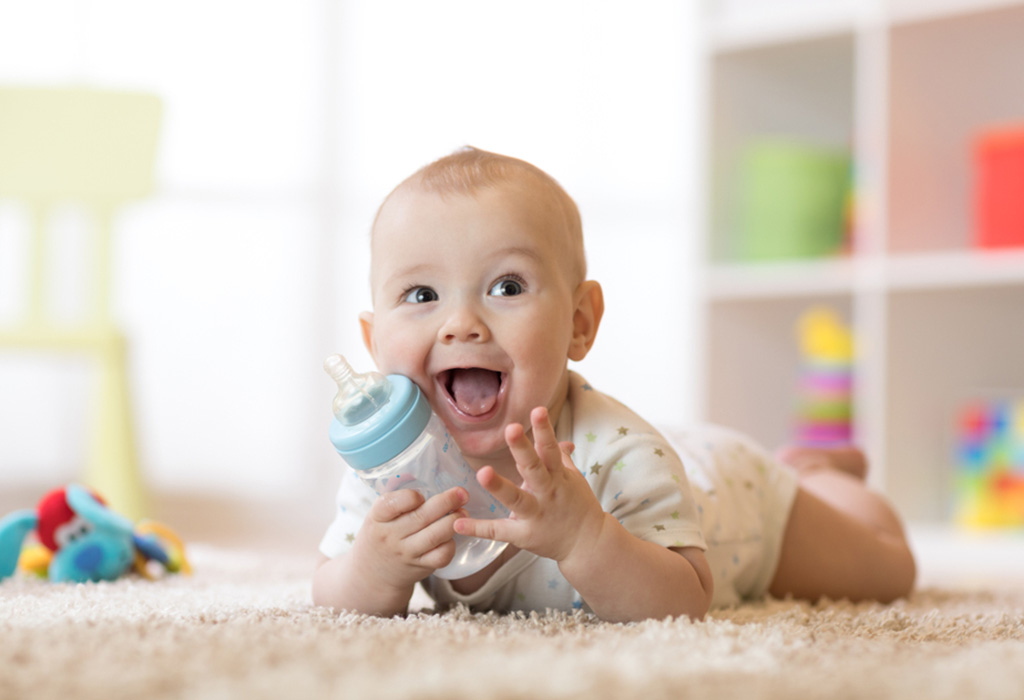
Behaviour
Your baby will now not be phased when you leave the room for work. He will know that you are coming back. Additionally, he may be moody or cranky during the teething process, and may cry a lot when he sees strangers or people he doesn’t recognise. You may have trouble putting him to bed, and his behaviour may become challenging at times, simply because he is exploring and observing his surroundings.
Sleeping
At around 6 months and beyond, your baby will sleep for longer, once new foods are introduced to his diet. Your baby’s sleep timings and patterns will vary based on individual profiles, but if you are interested in changing his sleeping routine, think about your own sleeping habits, and consider whether or not he needs you around while falling asleep. Breastfeeding babies will wake up in the middle of the night for one feed until they are introduced to new food groups and are weaned (5).
Feeding
Your job is to introduce your little one to new food groups and solids. Your baby will be exploring different flavours and textures, and his appetite will keep changing during this time. You may find him sleeping longer once you add solid foods to his diet. Read up on 7-month-old food ideas. Aim to inculcate healthy eating habits, and let him decide how much he wants to eat (portion size) and how often he wants to eat. Don’t let him snack too much, and make sure he gets his 3 meals a day. Don’t forget to give him a few teaspoons of water after each feed to avoid hard stools (3).
7-Month-Old Baby Activities
These seven months baby activities will aid in the growth and development of your little one. Here are some activities for 7-month-olds to keep them busy (6).
- Recognising Faces: Bring out your photo album, and point to pictures of friends and family members. Talk to your baby about them, and say their names. Do this often, and he will slowly start to recollect and be able to identify them.
- Simple Toy Games: Give a rattle or a soft toy in his hand, so he keeps playing with it. Use brightly coloured balls or toys to generate interest. The use of musical toys or moving toys also makes him happy to play with them or simply observe them.
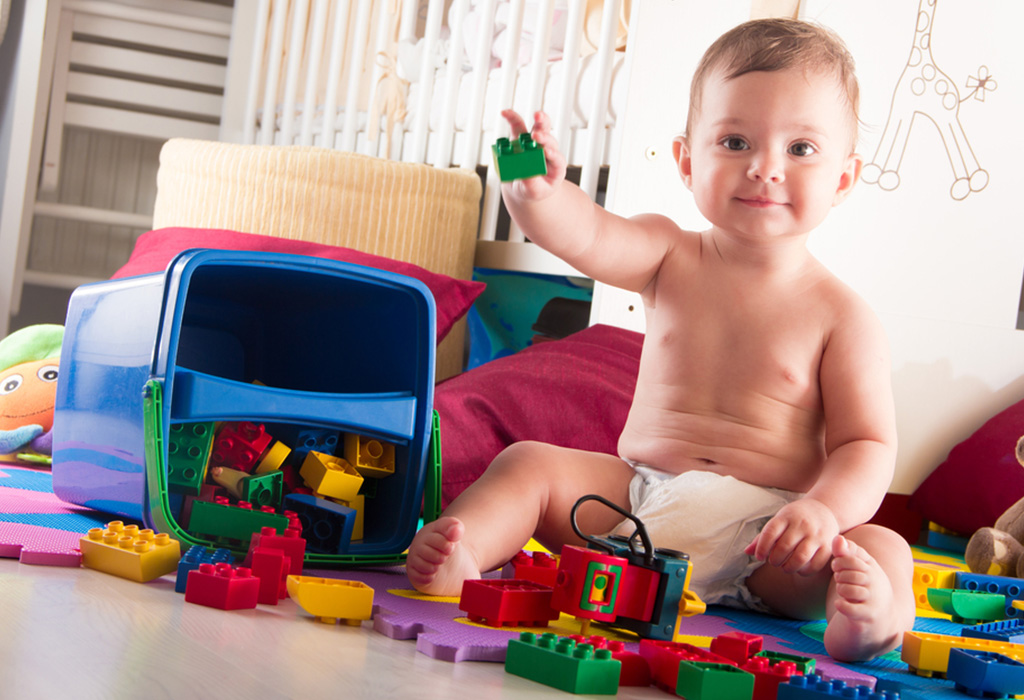
- The Puree Game: It’s time to put his tastes to the test. Get four bowls of different coloured food purees, and let him try them out. Not only will it develop his sense of smell and taste, but you’ll also get to learn more about his food preferences. Watch out for his facial expressions, and notice what he likes!
- Nursery Rhymes: Do sing-alongs, and hum nursery rhymes with a picture book. The images will keep him entertained, while your vocal expressions of the rhymes will work his sense of processing already-heard information. This will also develop his babbling skills, and teach him new words.
7-Month-Old Baby Care
You have to remember that your baby has certain needs and varying interests. You may have difficulty sleeping at first because of your baby’s behaviour, but you will slowly find his feeding, sleeping, and behaviour patterns to be a little more predictable, thus making your life easier. Your baby will also get used to his bedtime routine.
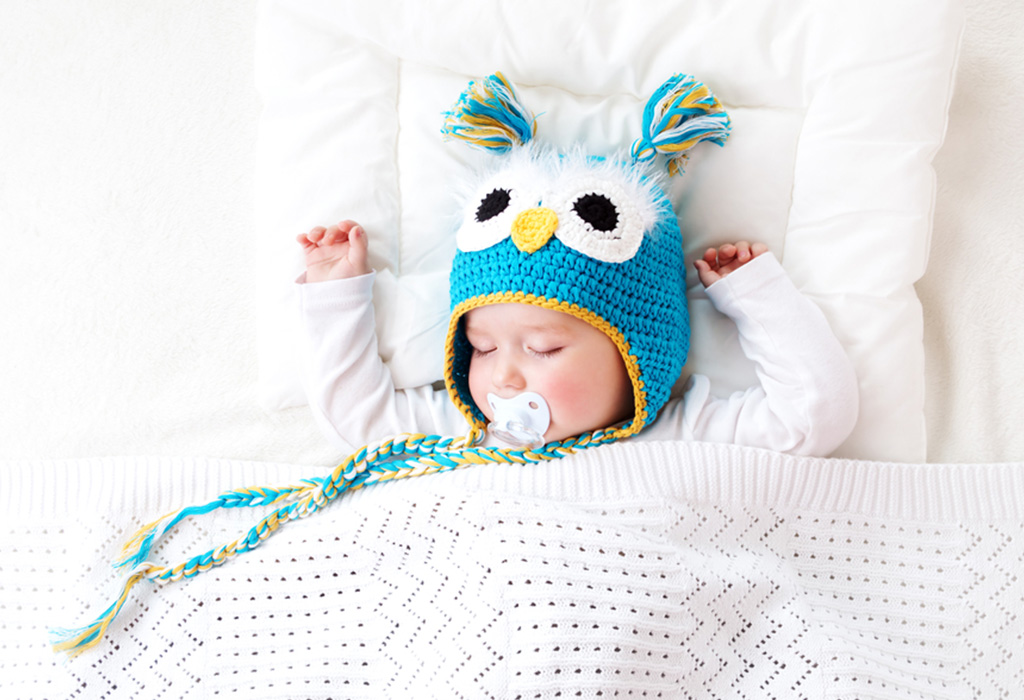
Tips for Parents
Here are some tips for parents to make their lives easier during parenthood:
- Share with others: For parents with friends and extended family members, we recommend sharing your little one with them. If his aunt wants to take care of your tot in the evenings, let her! The diversity of people will do your little one good.
- Hire a babysitter: If you’re having a tough time balancing work and motherhood, then it’s time to hire a babysitter. Not only will this help you, but your child will also feel safe and comforted once he gets used to that person.
- Distract him: If your little one makes a lot of noise when told ‘no’, or throws tantrums, simply distract him with a game or a fun activity. Remember, they have wandering and curious minds.
- Mindful Hygiene: Let your baby explore different rooms, and don’t let him spend too much time in the crib. Get him exposed to different microorganisms, as his immune system is still developing.
Checklist for 7-Month-Old Baby
- Ensure your child’s car seat still fits them correctly based on their current size.
- It’s also a good idea to read about what to expect as your baby approaches their next month of development.
When to Consult the Doctor
While every baby develops at their own unique pace, certain signs can indicate it’s beneficial to check in with your paediatrician. It’s always best to trust your instincts and seek professional guidance if you have any concerns about your child’s development.
- Consistent Lack of Social Engagement: If your baby does not make eye contact, smile at familiar people, or show any recognition of caregivers.
- Significant Motor Skill Delays: If your baby shows no attempt to roll over in either direction, cannot sit with any support, or feels exceptionally stiff or floppy.
- Absence of Vocalisation or Babbling: If your baby does not make any sounds, babble, or attempt to use their voice to get your attention or express feelings.
- Lack of Response to Sounds or Visual Cues: If your baby does not turn their head toward familiar sounds or their name, or does not track moving objects with their eyes.
- Inability to Bear Weight on Legs: If your baby shows no ability to push down with their legs or bear any weight on them when you hold them in a standing position.
- Persistent Primitive Reflexes: If strong primitive reflexes, like the Moro (startle) reflex, are still very dominant and seem to be preventing other motor development.
FAQs
1. Why is my 7-month-old suddenly so distracted while nursing or bottle-feeding?
At this age, babies’ cognitive development explodes, making them intensely aware of their surroundings. Every sound, movement, or light can be a fascinating distraction that pulls their attention away from feeding. This is a normal phase of development. Try feeding in a quiet, dim room with minimal distractions to help them focus.
2. Is it normal for my baby to prefer banging and throwing toys rather than “playing” with them?
Absolutely. This is a primary way your baby learns about cause and effect (“I bang this, and it makes a noise”) and object permanence (“I throw this, and it disappears, then mom brings it back”). This repetitive banging and throwing is a sign of healthy cognitive development and exploration, not disruptive behaviour.
3. My baby seems to be “forgetting” how to roll. Is this a regression?
This is often a sign of progression, not regression. As babies work intensely on mastering a new skill like sitting or crawling, they may temporarily focus all their energy and concentration on that new challenge, making it seem like they’ve lost interest in an old one. They haven’t forgotten; they’re just prioritising a different motor skill.
4. Why does my baby chew on everything except the teething toys I bought?
Babies are sensory explorers, and often the most appealing textures aren’t smooth silicone but things like a wooden coffee table, a leather sofa, or their own toes. These surfaces provide unique and interesting sensory input that dedicated teething toys sometimes lack. It’s less about the purpose of the object and more about the texture and firmness they are seeking for gum relief.
These are the growth and development milestones you need to watch out for in your 7-month-old baby. Look for these signs in your child, and help him in his growth and development phase. He will be happy, and so will you be!
Previous Month: 6-Month-Old Baby Growth and Development
Next Month: 8-Month-Old Baby Growth and Development
Was This Article Helpful?
Parenting is a huge responsibility, for you as a caregiver, but also for us as a parenting content platform. We understand that and take our responsibility of creating credible content seriously. FirstCry Parenting articles are written and published only after extensive research using factually sound references to deliver quality content that is accurate, validated by experts, and completely reliable. To understand how we go about creating content that is credible, read our editorial policy here.
1. Pregnancy, Birth & Baby – Your baby’s growth and development – 7 months old
2. American Academy of Pediatrics – Cognitive Development in Infants: 4 to 7 Months
4. American Academy of Pediatrics – Developmental Milestones: 7 Months
5. Children’s Hospital of Orange County – 7-9 Month Old Baby Development & Milestones
6. HSE – Your child’s developmental milestones 7 to 12 months





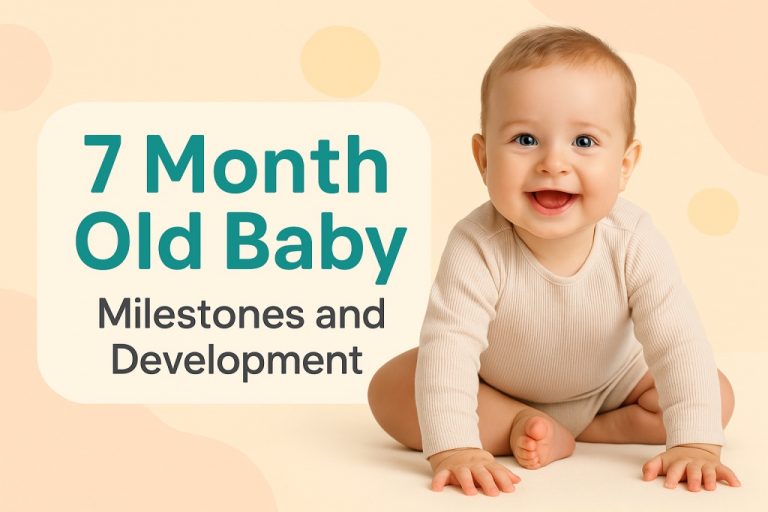
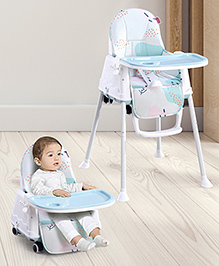
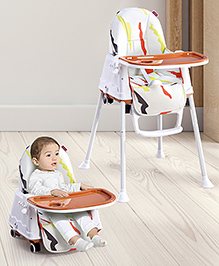
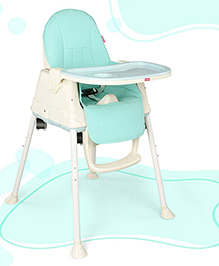
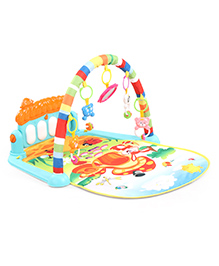
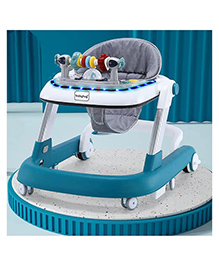
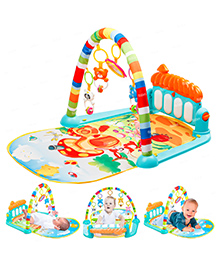
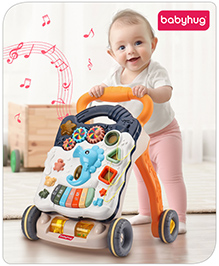
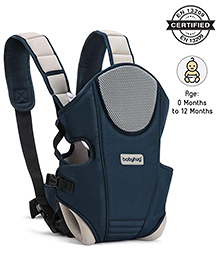
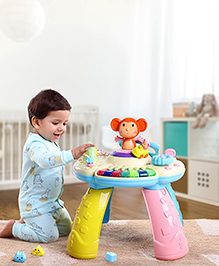
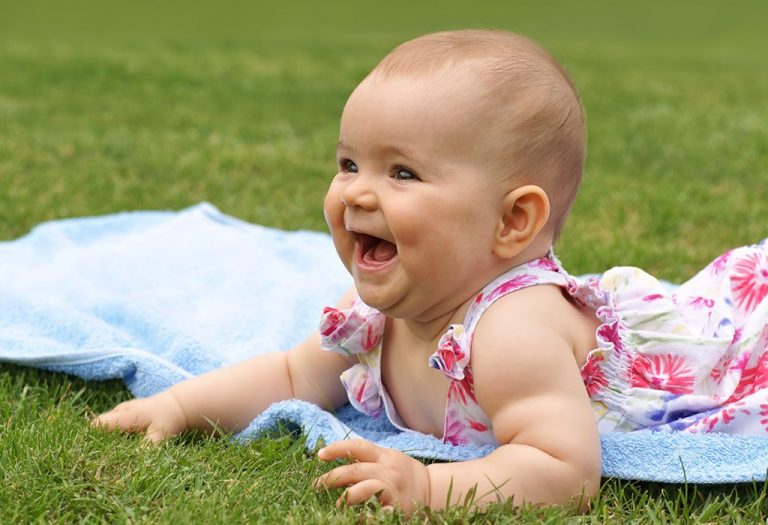
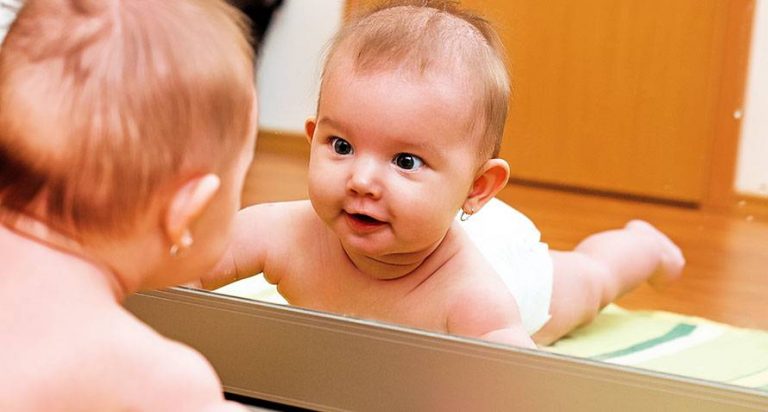
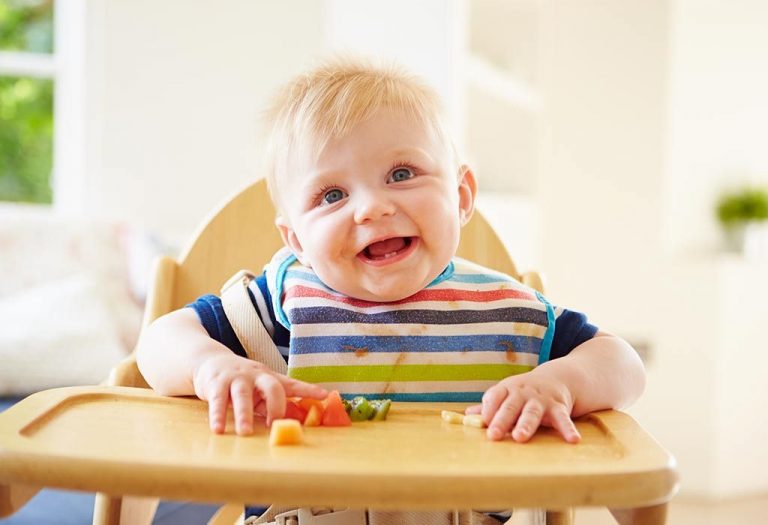
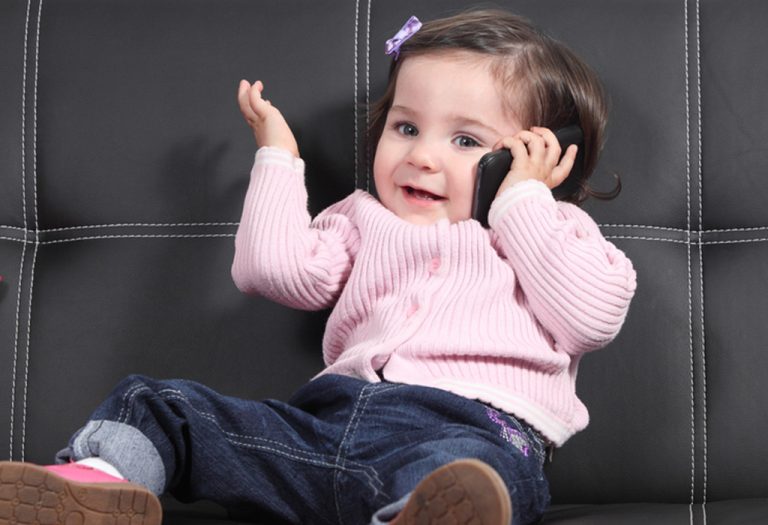

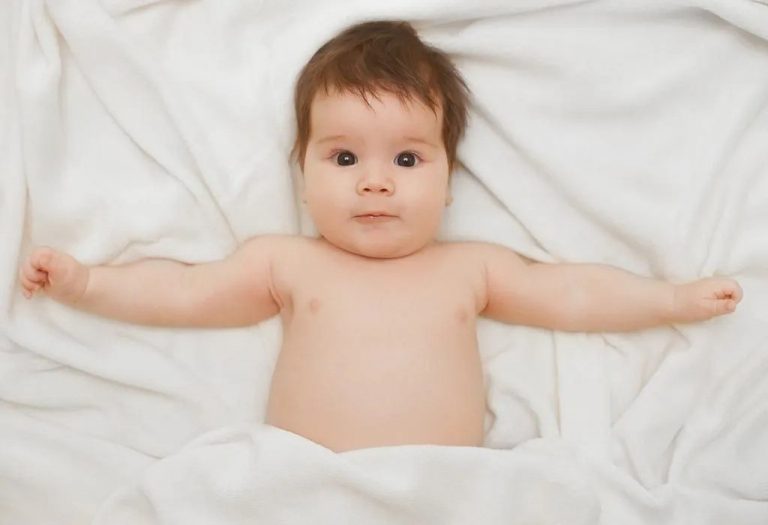

.svg)


















